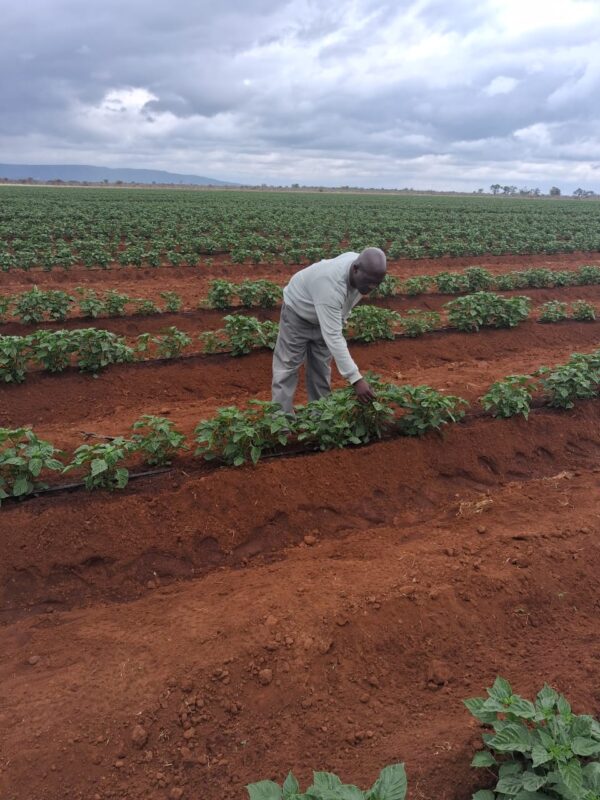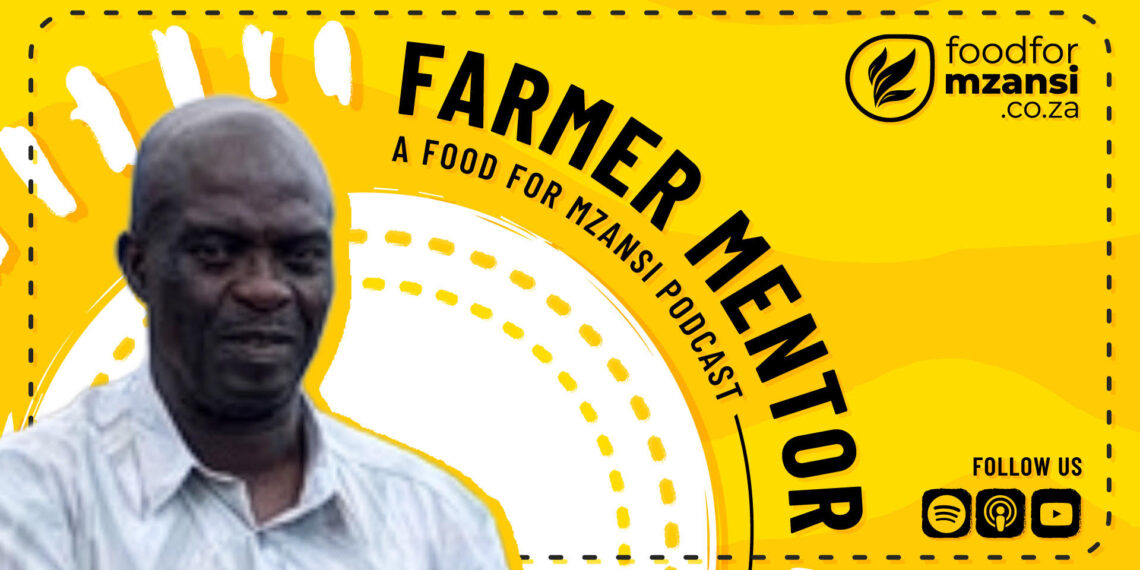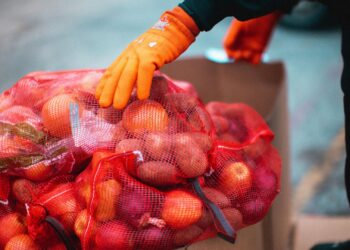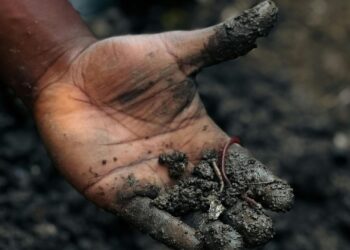Mazeli Farming’s rise from a home garden to a thriving commercial farm is a story of vision, hard work, and heart. In this episode of the Farmer Mentor series, Andries Masoga shares how their family-run enterprise sustains hundreds of jobs, inspiring a new generation of farmers.
In a quiet corner of Limpopo, Mazeli Farming and Projects grew from a modest backyard garden into a thriving commercial farm. What started as a simple home-gardening project by Andries Masoga’s passionate wife, Zelda, has expanded to over 140 hectares, employing hundreds in the local community.
Anchored by family, sound principles, and strategic partnerships, the Masogas have turned small-scale subsistence planting into a blueprint for commercial success, demonstrating how vision, perseverance, and careful planning can transform even the humblest beginnings into a flourishing agribusiness.
Realising the backyard was too small to meet demand, the couple approached their local traditional council for additional land. Initially, they were allocated ten hectares, which required clearing, fencing, and preparation without any mechanisation. Assistance from community members helped them get started, and their first crop was planted on 28 September 2017.
Early crops and market discovery
Masoga was recognised as a finalist in the 2025 Potatoes South Africa Enterprise Development Farmer of the Year awards, highlighting their achievements and innovation in the sector.
The path to success started from a learning curve when Masoga first cultivated tomatoes of the long-shelf-life Domingo variety, cabbage, beetroot, carrots, and spinach.
“We weren’t entirely sure what we were doing, but we wanted to continue what my wife had started at home,” he explains.
Market timing proved challenging: the tomatoes were ready in December 2017, but the local market was saturated. It wasn’t until January 2018 that they discovered a new outlet in Mozambique, selling the late tomatoes at very low prices but successfully clearing the crop.
Related stories
- Maize farmer Matsole builds empire on education and hard work
- Grandfather’s garden unlocks big dreams for FS potato farmer
- Legacy lives on: Mathidi finds purpose in potato farming
- Patience pays: Growing a legacy of trees, family, and business
Following this, they planted four hectares of butternut, which sold well through Goseame Fruit and Vegetable Market in Limpopo. However, their focus remained on tomatoes, cabbage, and butternut, forming the foundation of Mazeli’s commercial ambitions.
In 2021, Potatoes South Africa invited them to host an information day on their farm, supplying small quantities of fertiliser and seeds. Inspired, the Masogas sourced additional potato seeds, planting nearly twenty bags of 25 kg each under drip irrigation. The first harvest sold to Mozambique earned them R67 000, marking their introduction to potato farming.
“Potatoes South Africa later enrolled us in their enterprise development programme in 2022,” Masoga says. By 2023, Mazeli was fully integrated into the programme, planting ten hectares with approved seed varieties and supplementing with their own purchased seed to reach their target.
📢 Stand Up, Be Seen, Be Counted
We want to provide you with the most valuable, relevant information possible. Please take a few minutes to complete this short, confidential survey about your farming practices and challenges. Your feedback helps us tailor our coverage to better support the future of agriculture across Mzansi.
A corporate partnership boost
Mazeli’s growth accelerated with corporate partnerships. “In 2022, Simba, part of PepsiCo, came to us. Out of many applicants, Mazeli qualified for their programme,” Masoga shares proudly.
The partnership included the Kgodiso Development Fund, which approved a loan of R1.2 million for seeds, chemicals, electricity, and labour.
The farm now grows the FL210H tomato variety for PepsiCo, a challenging crop prone to late blight. Simultaneously, ten hectares of Mondial tomatoes are cultivated for the Mozambican market.
Despite early struggles, Mazeli persevered, and by 2024, they navigated a black frost that threatened crops but still delivered strong yields.

Mazeli Farming and Projects has grown to operate 140 hectares granted by the traditional council. “The land doesn’t belong to us. We lease it at a nominal fee and report on employment and community contributions, such as donations to schools and drop-in centres. The council expects us to create local jobs, and we take that responsibility seriously,” Masoga shares.
The farm is almost a family enterprise: Masoga, his wife, and their Metse, who holds a B.Com in law, are all actively involved. During the harvest, the farm employed 160 local workers, demonstrating its commitment to community development.
Mazeli has diversified beyond tomatoes and butternut. Since 2023, they’ve planted peppadew under off-take agreements. Plans for 2026 include planting onions on five hectares and continuing to expand potato production.
In 2024, Mazeli leveraged the department of agriculture’s mechanisation programme, contributing 20% of the cost to secure tractors and equipment.
Words of wisdom
Masoga shares a guiding principle for farmers: “Never consider a crop yours until the money is in your pocket. Natural disasters and unforeseen events can occur even after harvesting, so financial realisation is the true measure of success.”
For new and emerging farmers, Masoga emphasises cooperation over competition: “Farmers, especially historically disadvantaged ones, are not competitors. They should complement and support each other. Organising into cooperatives allows access to mechanisation and reduces the high costs of individual farming. Working together contributes to food security in our villages, provinces, and even nationally.”
He stresses the importance of leaving principles as a legacy rather than money alone. “The money, the assets, whatever the case may be, they can be finished in a minute. What lasts are the principles.
“The planning, organising, leading, and controlling of the business are the principles every person should leave for the next generation. Following these principles allows you to grow money and assets sustainably.”
READ NEXT: Maintaining organic matter: Key steps to boost soil health
















